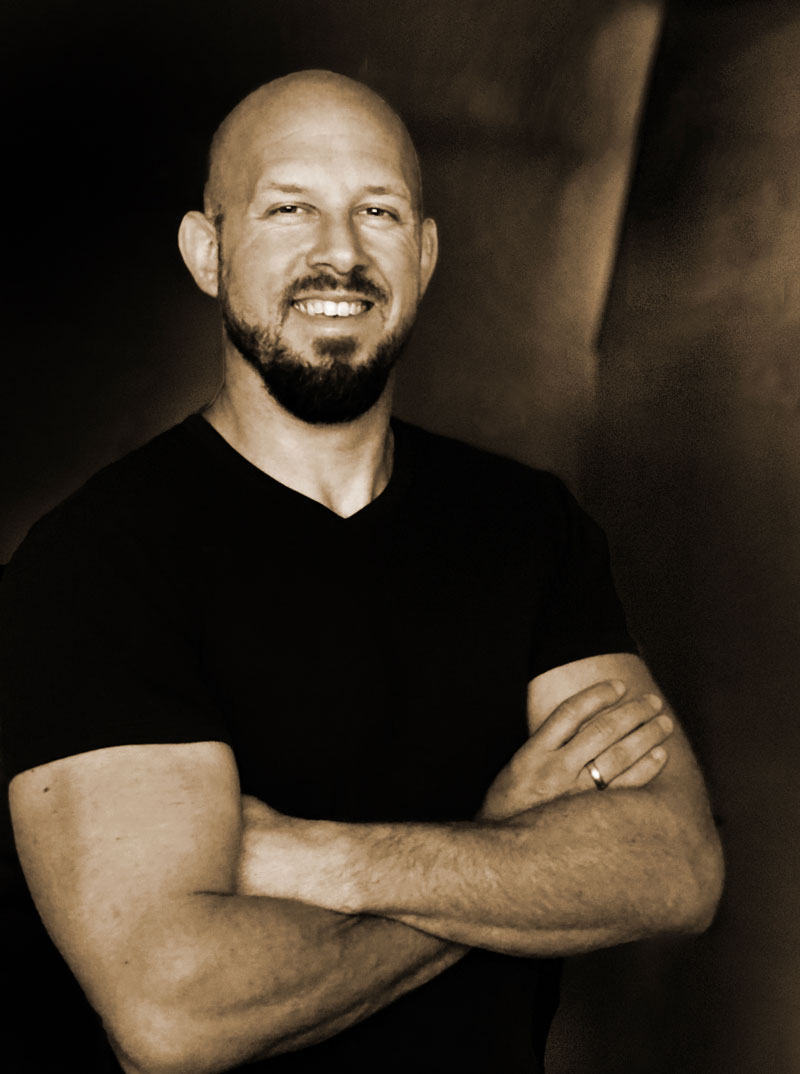You want to be successful? The recipe is simple: Prioritize success over everything else, working harder and longer than everyone else to achieve your goals.
What you just read is the essence of what many workplaces and life coaches call “hustle culture.” It’s the concept that one must work all day, every day (i.e., hustle) in order to achieve success, be it professionally, personally, or whatever.
It sounds pretty solid, right? After all, usually, those that work harder achieve more.
The problem is this culture has another nickname – burnout culture. Because often, that’s exactly what happens to those who subscribe to hustle culture. So, let’s dig into it.
The pros
Arnold Schwarzenegger used to pride himself on lifting harder and longer than anyone else, forgoing sleep in order to get in more lifting than his competitors. Obviously, the results speak for themselves.
And the truth is, hustle culture does get results.
Those who subscribe to hustle culture are often far more productive than their peers and achieve far greater heights, especially professionally, as most workplaces reward those who show that extra commitment to working harder (i.e., being praised for never taking PTO, answering emails at 1 a.m., putting in 70-hours work weeks, etc.).
It can also be used as a motivator to keep pushing yourself harder and further than you thought possible.
The cons
The hashtag “#sidehustles” has over 1.8 billion views on TikTok, with seemingly endless “rise and grind” social media posts celebrating the hustlers who sacrifice everything to “make it.” That’s because we often see people like Schwarzenegger or hear the stories of successful entrepreneurs who forgot about sleep and most everything else in their lives and are now uber-rich and famous. We only see the positives, the success.
Yet, there’s always a tradeoff.
Because while, yes, they subscribed to hustle culture and they’re successful, what did it cost? More than you might imagine.
Burnout with hustle culture is a real thing, as the constant pressure to work hard and achieve more can take a toll on our mental and physical health. Sure, you might’ve been able to pull all-nighters in college, but your body just can’t keep up as you get older.
And that doesn’t even begin to take into account the stress, anxiety, and depression often associated with hustle culture or the physical toll, such as high blood pressure, heart attack and stroke, insomnia and fatigue, and more.
There are even action shifts that can be unhealthy.
Remember the example earlier about being praised for answering emails at 1 a.m.? That’s part of toxic positivity, where the positives actually aren’t all that positive. Again, not a good thing.
And while hustle culture may initially increase productivity, it more often than not comes full circle. It leads to apathy, which is why there’s often a significant increase in disengagement amongst employees in workplaces that preach a hustle culture.
So, are we saying not to hustle? Absolutely not! If you want to be successful, working hard or even in overdrive at times is often the best thing to achieve it. Just make sure those bouts of overdrive are short-lived, and no matter how successful you want to be, be sure to engage in consistent self-care.
- The Role Nutrition Plays in Maintaining a Healthy Thyroid - July 25, 2024
- Balancing Hormones With Diet - July 11, 2024
- Chapados’ Top 5 Glute Exercises - May 8, 2024
- The Role Nutrition Plays in Maintaining a Healthy Thyroid - July 25, 2024
- Balancing Hormones With Diet - July 11, 2024
- Chapados’ Top 5 Glute Exercises - May 8, 2024








